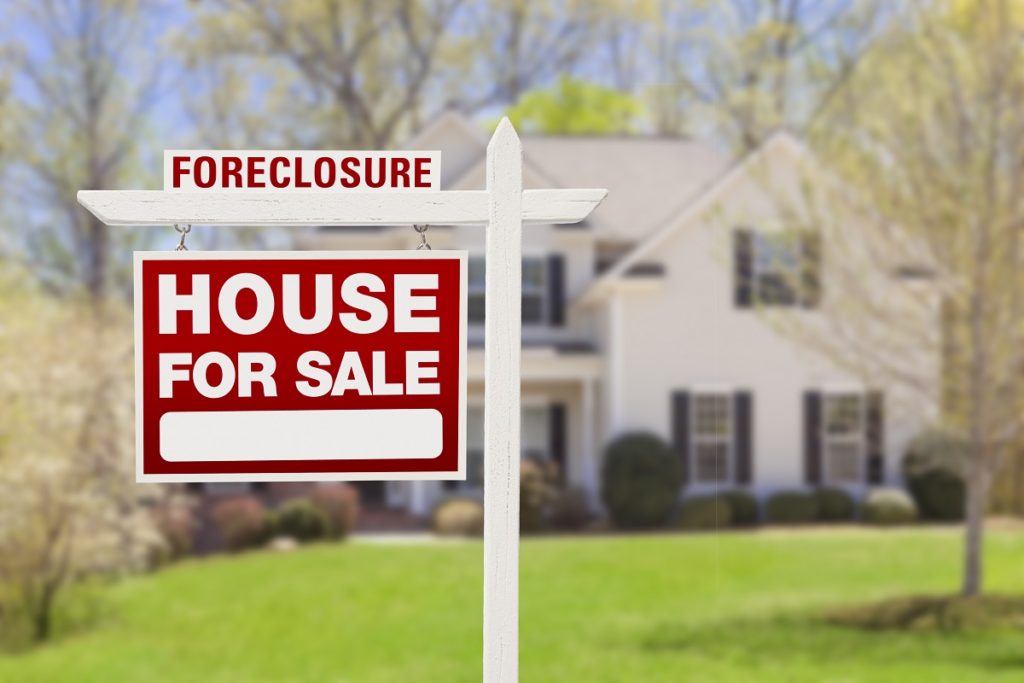When we hear the term “pollution liability,” it’s easy to conjure images of large industrial factories spewing plumes of smoke into the air or toxic waste being dumped into rivers. However, environmental liability encompasses a much broader scope than just these egregious examples. In today’s world, understanding environmental liability is crucial for businesses of all sizes and industries. So, let’s dive into what you need to know about this complex topic.
The Importance for Businesses
Firstly, what exactly is pollution liability? Essentially, it refers to the legal responsibility a company bears for any harm caused to the environment due to its operations. This can include pollution of air, water, or land, as well as damage to wildlife habitats. The implications of environmental liability are significant, as they can result in hefty fines, cleanup costs, and damage to a company’s reputation.
The Role of Commercial Lawyers
Now, why should businesses care about pollution liability? Well, aside from the obvious moral imperative to protect our planet, there are also practical reasons. For starters, complying with environmental regulations is the law. Failure to do so can result in legal repercussions, including fines and penalties. Moreover, with increasing awareness and concern about environmental issues, consumers are starting to become more discerning about the companies they support. A tarnished environmental record can drive customers away and harm a company’s bottom line.
Navigating environmental liability can be a daunting task, especially for businesses without dedicated legal expertise. This is where a commercial lawyer comes into play. A skilled commercial lawyer can provide invaluable guidance on environmental regulations, help businesses develop compliance strategies, and represent them in the event of commercial disputes or litigation related to environmental matters.
The Principle of “Polluter Pays”
One important concept to understand in the realm of environmental liability is the principle of “polluter pays.” This principle holds that those responsible for environmental damage should bear the costs of remediation and cleanup. In practice, this means that businesses may be held financially accountable for any harm they cause to the environment, whether it’s through accidental spills, improper waste disposal, or emissions exceeding regulatory limits.
Furthermore, the “polluter pays” principle serves as a powerful incentive for businesses to adopt sustainable practices and invest in environmentally friendly technologies. By internalizing the costs of environmental harm, companies are motivated to minimize their ecological footprint and prioritize responsible stewardship of natural resources. Embracing this principle not only aligns with ethical considerations but also contributes to long-term business sustainability and resilience in an increasingly environmentally conscious marketplace.
Mitigating Risks
To mitigate their exposure to environmental liability, businesses must take proactive measures to prevent pollution and minimize environmental risks. This can involve implementing robust environmental management systems, conducting regular audits and inspections, and investing in pollution prevention technologies. By demonstrating a commitment to environmental stewardship, businesses can not only reduce their legal and financial risks but also enhance their reputation as responsible corporate citizens.
Responding to Incidents
Despite best efforts to prevent environmental harm, accidents can still happen. In such cases, prompt action is crucial. Businesses must act swiftly to contain the damage, notify the appropriate authorities, and initiate cleanup efforts. Failure to do so can exacerbate the environmental impact and increase the likelihood of facing regulatory enforcement actions and legal proceedings.
Legal Defense and Litigation
In commercial disputes or litigation arising from environmental liability issues, having a skilled legal team on your side is essential. Commercial litigation involving environmental matters can be complex and contentious, requiring specialized knowledge and expertise to navigate effectively. A seasoned commercial lawyer can help businesses defend their interests, negotiate settlements, and, if necessary, represent them as well in court.
Understanding Pollution Liability
From regulatory compliance to risk management and legal defense, addressing environmental liability requires a comprehensive approach. By understanding the implications of environmental liability and taking proactive steps to mitigate risks, businesses can protect themselves, safeguard the environment, and uphold their corporate responsibility.
So, whether you’re a small startup or a multinational corporation, pollution liability is something you need to take seriously. And for a better outcome, it’s best to enlist the help of experts like Mary Lopatto, David Hashmall, Judge David Levi, Judge Jeremy Fogel, and Judge Ruben Castillo. After all, the health of our planet and the success of your business depend on it.

